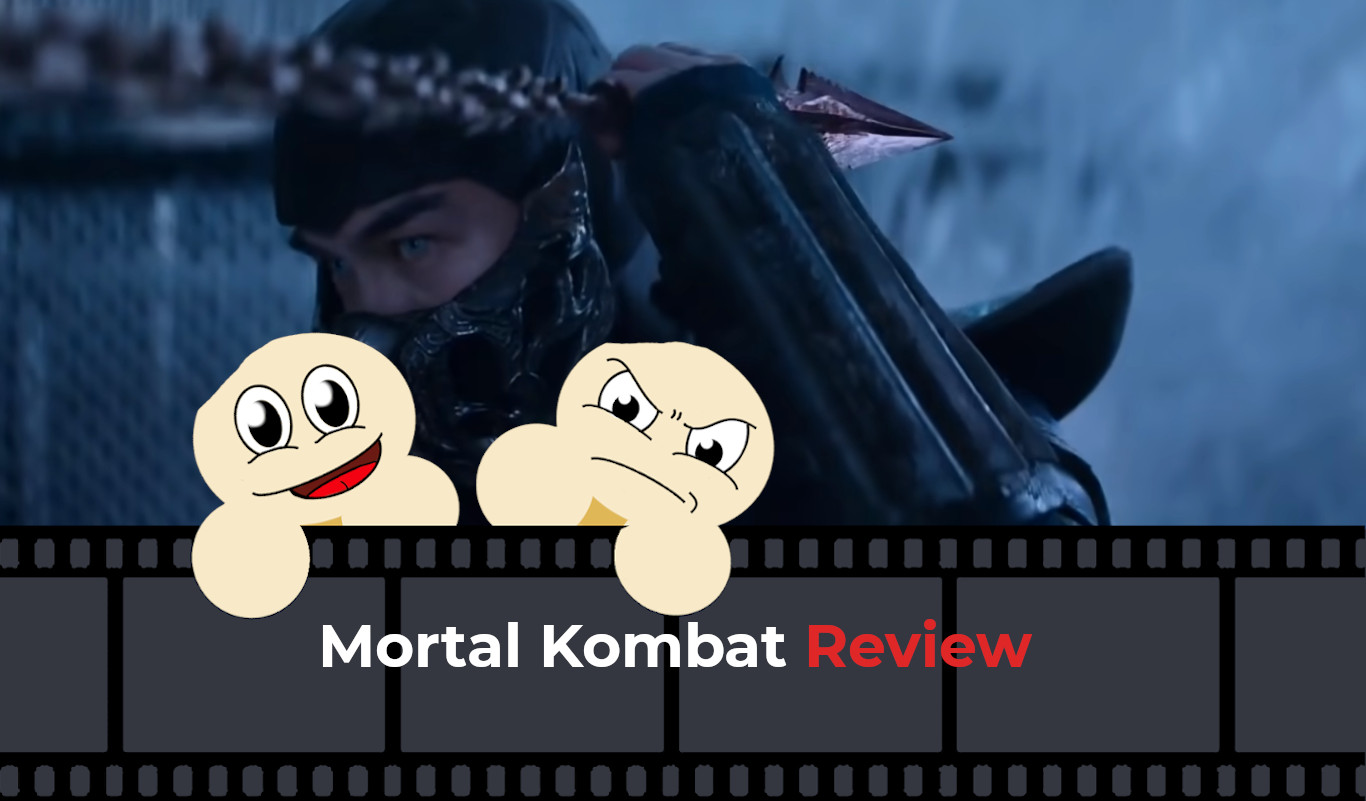Flawed Victory or Brutal Fatality?
Introduction
As a gamer who mainly specializes in fighting games, it is disappointing to say that I have never been much of a fan of the Mortal Kombat series. This apathy for the franchise mainly stems from my only experience with the video game being with the horrific disaster that was Special Forces, a game that tested my patience far more than my skill.
That said, I have tried many times to get back into the franchise by watching the films, casually playing games with friends and even watching that bizarre nineties animated series. Recently I watched Warner Brother’s 2020 animated adaptation of the game, which proved that video games can turn into great movies if done well. This perspective also led me into watching 2021’s live-action Mortal Kombat.
If you are a fan of the franchise, then Mortal Kombat will sit well for you. However, several characters and moments of the script have been changed around, leaving mixed results.
Setting and Plot
The film’s premise surrounds a series of ancient tournaments between different worlds where selected mortals represent their realms in competition. If a realm happens to lose ten times in a row, they are conquered by the victors. With the most recent one underway, the Gods scramble to select potential warriors to fight for their world.
One such fighter is Cole Young(portrayed by Lewis Tan), a blank canvas, who acts as the audience surrogate in this world. Unlike many of the fighters here, Cole is not part of Mortal Kombat’s in-game roster and was created specifically for the film. It is a bit perplexing as to why they created a new character, as several more well-known characters could have fit into the role a lot more easily.
With the new character, the film’s narrative at times resembles fan fiction. Yet, it does not turn Cole into a Gary Stu, nor does it leave the rest of the cast on the sidelines, like the Resident Evil movie series. However, Cole’s narrative is a lot more stereotypical than other personalities in the franchise.
Despite being a competitive martial artist, Cole is a family man who takes care of his wife and child. When, one day, he realises that his very existence attracted powerful adversaries that could potentially harm his family, he decides to seek help to defend those he cares for.
In this film and throughout most of Mortal Kombat’s lore, Earth-Realm is on its final tournament, having lost nine times in a row. Yet, in this adaptation, Shang Tsung (portrayed by Chin Han) decided to cheat by omitting the tournament entirely, a questionable decision since he has the better team. Despite being called Mortal Kombat after the tournament, the tournament itself never actually occurs during the runtime of the movie.
Fans would be glad to see that Warner Brothers did not skip out on the gory fatalities the series is known for. While the finishers are not as exaggerated as in the video games, they are still quite a spectacle to watch with many favourites making their appearance. The series also makes good use of both CGI and practical effects with these scenes.
The film does come across as corny in some areas, with some characters announcing signature finishing lines like the classic “fatality” among many others.
Characters and Performances
Many characters from the franchise’s roster make their appearance in this adaptation, all sporting different levels of charisma for their characters. Unfortunately, these inconsistent acting tones often hurt the overall package of the film.
While Ludi Lin and Max Huang’s enthusiasm for the roles of Liu Kang and Kung Lao could be summed up as watching a wet cloth slipping off a bathroom rail, Josh Lawson‘s Kano was one of the highlights of the movie. The actor went wild with his performance of the larger-than-life Kano, really capturing the mercenary’s insane personality.
Sonya Blade’s and Jax’s roles were also well performed by Jessica McNamee and Mehcad Brooks respectively. Sadly, these two characters got shafted to the sidelines midway through the movie. I was also disappointed by the omission of characters like the comedic Johnny Cage, who would have probably been a better protagonist than Cole Young.
While this film did host a large rogues gallery, many of these villains came across as nothing more than cannon fodder for our heroes, with even big names like Mileena and Goro acting as simple goons for a much greater evil. Even someone like Sub-zero was relegated to being a Terminator-like character, chasing after Cole and his family for a large portion of the film.
Conclusion
One of the biggest questions would be whether I classify Mortal Kombat to be a good film, and my answer, by all accounts, is a straight-up no. Yet, if someone were to ask me if I found the film to be fun, then my answer would have to be an astonishing yes. The film looks cheap, the narrative does not make sense, and some of the actors are as exciting to watch as a drying wall of wet paint. Yet, Mortal Kombat has a lot of that B-movie magic in it, with terrific fight scenes and cheesy one-liners holding it together from becoming a complete dud.
If you’re hankering to watch some sort of Mortal Kombat movie adaptation, I would suggest last year’s animation of the same name. However, if you want to just see some clean bloody combat, maybe something akin to John Wick or Nobody would tickle your fancy.

